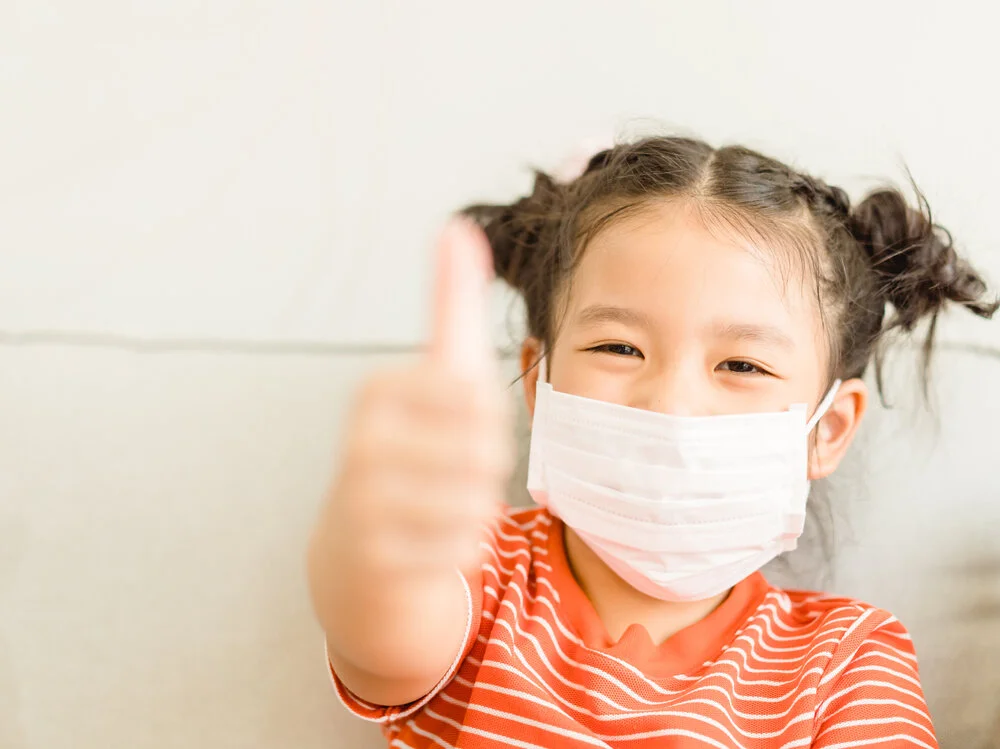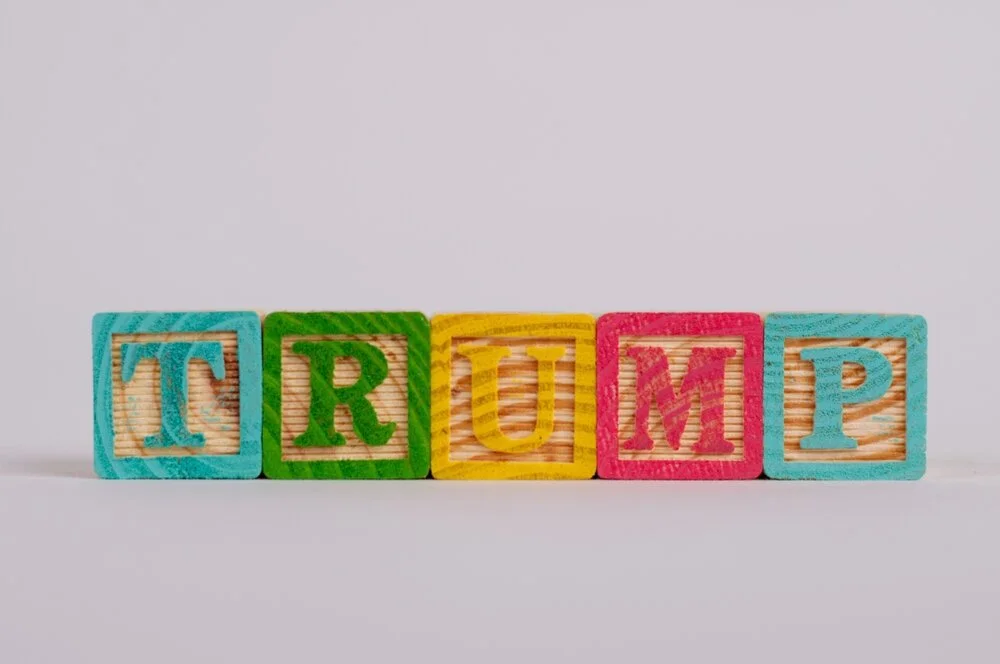Can We Find Hope During These Turbulent Times?
Like many of you, after months of dealing with the COVID-19 virus and all of the emotion that it evokes, I have been further overwhelmed by the news of the day. That said, with both the Coronavirus pandemic and the senseless, heartbreaking death of yet another Black American at the hands of law enforcement, I am desperately searching for and finding some seeds of hope.
While both diseases - and yes, I view racism as a disease - are taking their toll on us, I refuse to give up hope. In the past few months, as the pandemic raged on, those working on the front lines, medical and otherwise, inspired and encouraged the rest of us to play our part in the fight to curtail the virus. Whether wearing masks, social distancing, or donating time or money to the cause, we did so believing that we would come out of the experience stronger and with a new set of priorities. That belief, along with faith in the talent and passion of scientists around the planet to find a vaccine, is the essence of hope.
And now, with protests against racism spreading throughout the world, can we be cautiously hopeful about a better tomorrow for people of color? Is there something different about the current movement that makes me believe that positive change is possible ?
Yes, it is the makeup of the protesters, a coalition of people, young and old, of all races and from all walks of life who are sending the message that Black Lives Matter. And, for the first time in my life, I am hearing people acknowledge and talk about privilege. The conversations are always challenging and often uncomfortable, but with respect, patience, and compassion from all participants, they can ultimately be enlightening.
Just as our response to COVID-19 required a united effort, so does our response to racism. We all have work to do, but by committing to social justice and moving closer to an America that delivers on its promise that we are all created equal and entitled to life, liberty, and the pursuit of happiness, we can begin that important work. It isn't enough to acknowledge the problem, it is necessary to speak out when one witnesses racist words or actions. No one wants to be confrontational, but it will never be eradicated without challenging racism when we see it. Additionally, voting for leaders at the local and national level who are also committed to these goals is critical if real change is going to occur .
As the mother of bi-racial children, I am no stranger to the challenge of talking about race and racism with children. What I have learned is that we can not be color-blind and we should not be color-silent.
As Americans across the country are reflecting on the state of racial inequality in our country, many are asking what they can do as individuals and as parents to be anti-racist. For parents hoping to address this in their own families, I recommend the following links:
Talking Race With Young Children (Podcast)
How Should You Talk To Young Children About Racial Differences?
How White Parents Can Talk To Their Kids About Race
Anti-Racism For Kids 101: Starting To Talk About Race
Here’s How W. Kamau Bell Talks About Race With His Kids
100 Race-Conscious things you can say to your child to advance racial justice







